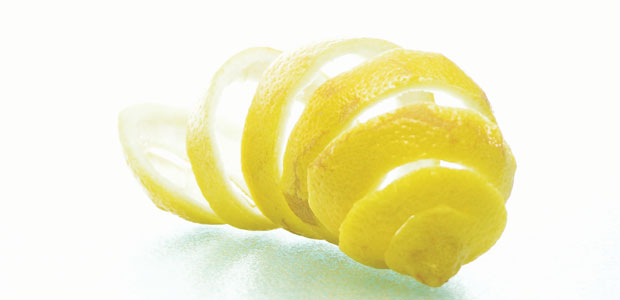Advertisement
Cholesterol Control
Natural alternatives to statin drugs

The Framingham Heart Study, 50 years of data collected from residents in Framingham, Connecticut, established that high blood cholesterol is a major risk factor for coronary heart disease (CHD). Results from many other studies have shown that lowering total and LDL (“bad”) cholesterol levels significantly reduces CHD.
Statin drugs, enormously popular for lowering cholesterol levels, are also associated with some serious side effects, including:
- liver problems and elevated liver function tests
- interference with coenzyme Q10 production resulting in tissue damage to muscles and nerves
- impaired brain function
These drugs are expensive with an average cost per day between $3 and $8 depending upon dosage.
Alternative Therapy
An effective natural approach to lowering cholesterol and triglyceride levels involves the use of a combination of plant sterols and an extract of citrus peel standardized to contain 30 percent polymethoxylated flavones (particularly potent flavonoids). The citrus flavones also address inflammation which has been shown to be a major risk factor for heart attack.
How It Works
Blood cholesterol comes from two sources: cholesterol made by the body by a process called endogenous synthesis and cholesterol consumed in the diet. Plant sterols can help lower cholesterol levels primarily by blocking the absorption of dietary cholesterol and the re-absorption of bile acids that are made from cholesterol in the liver. Plant sterols can inhibit absorption of cholesterol in the small intestine by up to 50 percent and can lower LDL blood cholesterol by as much as 14 percent.
The citrus extract works by blocking the enzymes in the liver that are responsible for manufacturing cholesterol and for producing triglycerides. When you consume more calories than you need, the extras are converted to triglycerides by these enzymes and stored in fat cells. Later, when your body requires energy, certain hormones trigger the release of triglycerides to meet the demand.
The polymethoxylated flavones in citrus extract have also been shown to decrease the production of apolipoprotein B, a protein needed for endogenous synthesis of LDL cholesterol.
Not yet published clinical trials have shown that citrus extract can produce results very similar to statin drugs, but without side effects. Specifically, it has been shown to lower total cholesterol up to 30 percent, LDL cholesterol levels up to 27 percent and triglyceride levels by as much as 34 percent in 4 to 12 weeks.
How Much to Take
The recommended dosage is 400 mg of sterols, plus 150 mg of citrus extract twice daily. This combination is available in capsule form with 200 mg of plant sterols combined with 75 mg of the standardized citrus extract (30 percent polymethoxylated flavones) for a typical dosage of two capsules twice daily.




